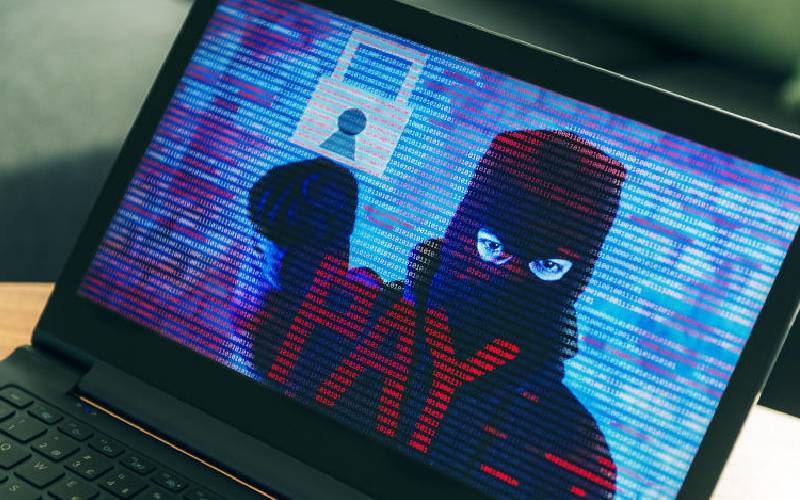
Malware is a file or a code that is basically meant to breach the security and privacy of a computer, server, client, or network. [File, Standard]
Government agencies and private companies are likely to experience more cyberattacks this year.
Threats to Kenya’s infrastructure, experts say, are likely to be heightened by rising global tensions as countries take sides in the raging Russia-Ukraine conflict.
Facts First
Unlock bold, fearless reporting, exclusive stories, investigations, and in-depth analysis with The Standard INSiDER subscription.
Already have an account? Login
 The Standard Group Plc is a multi-media organization with investments in media
platforms spanning newspaper print
operations, television, radio broadcasting, digital and online services. The
Standard Group is recognized as a
leading multi-media house in Kenya with a key influence in matters of national
and international interest.
The Standard Group Plc is a multi-media organization with investments in media
platforms spanning newspaper print
operations, television, radio broadcasting, digital and online services. The
Standard Group is recognized as a
leading multi-media house in Kenya with a key influence in matters of national
and international interest.

